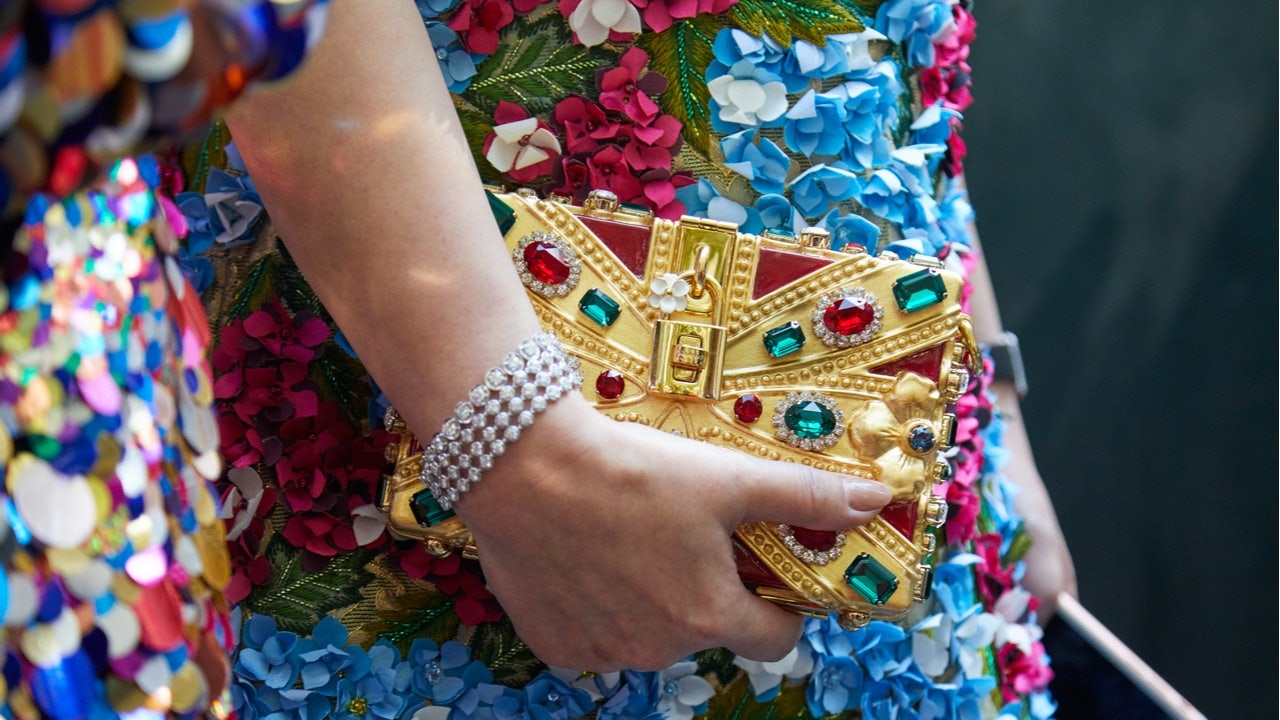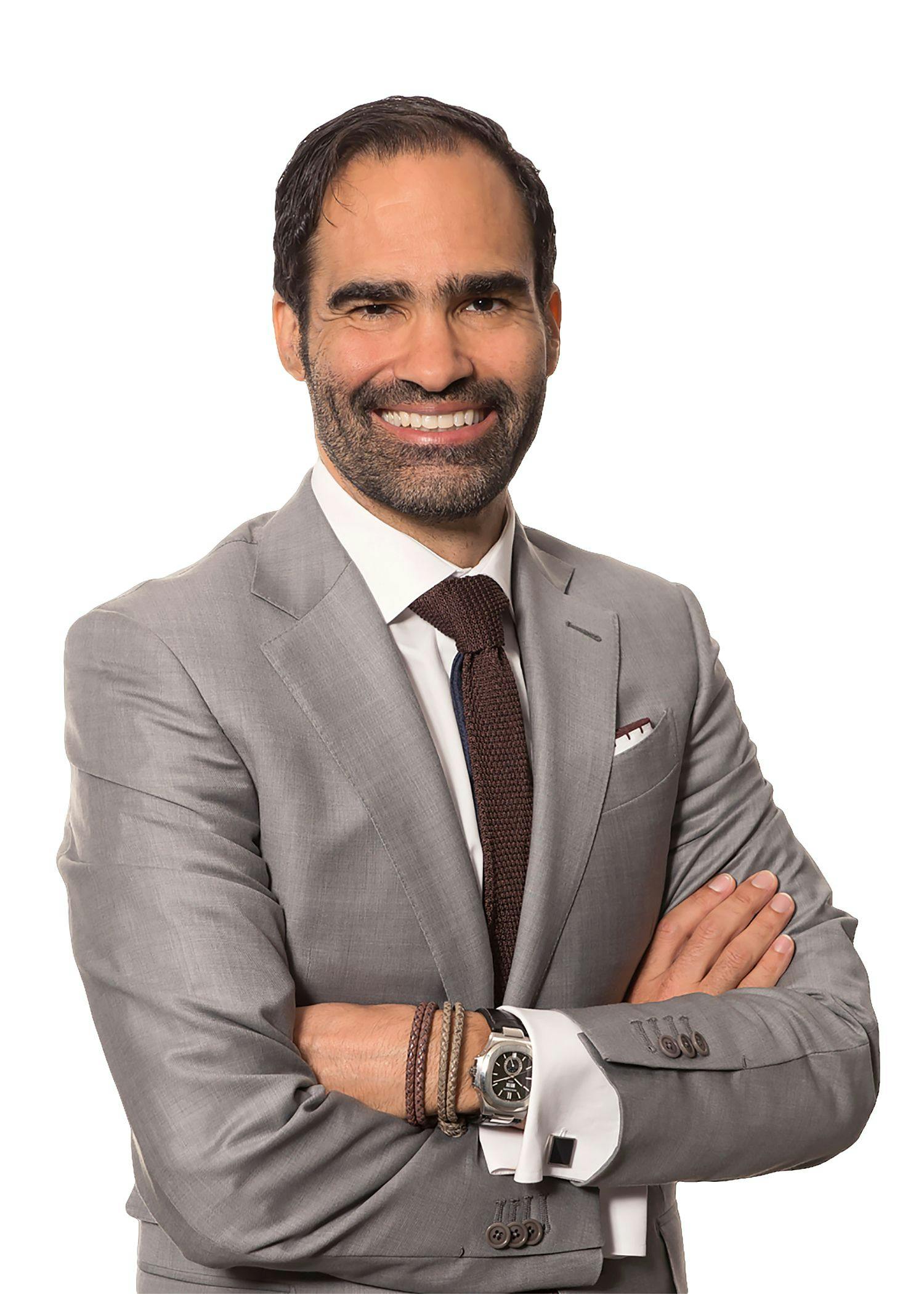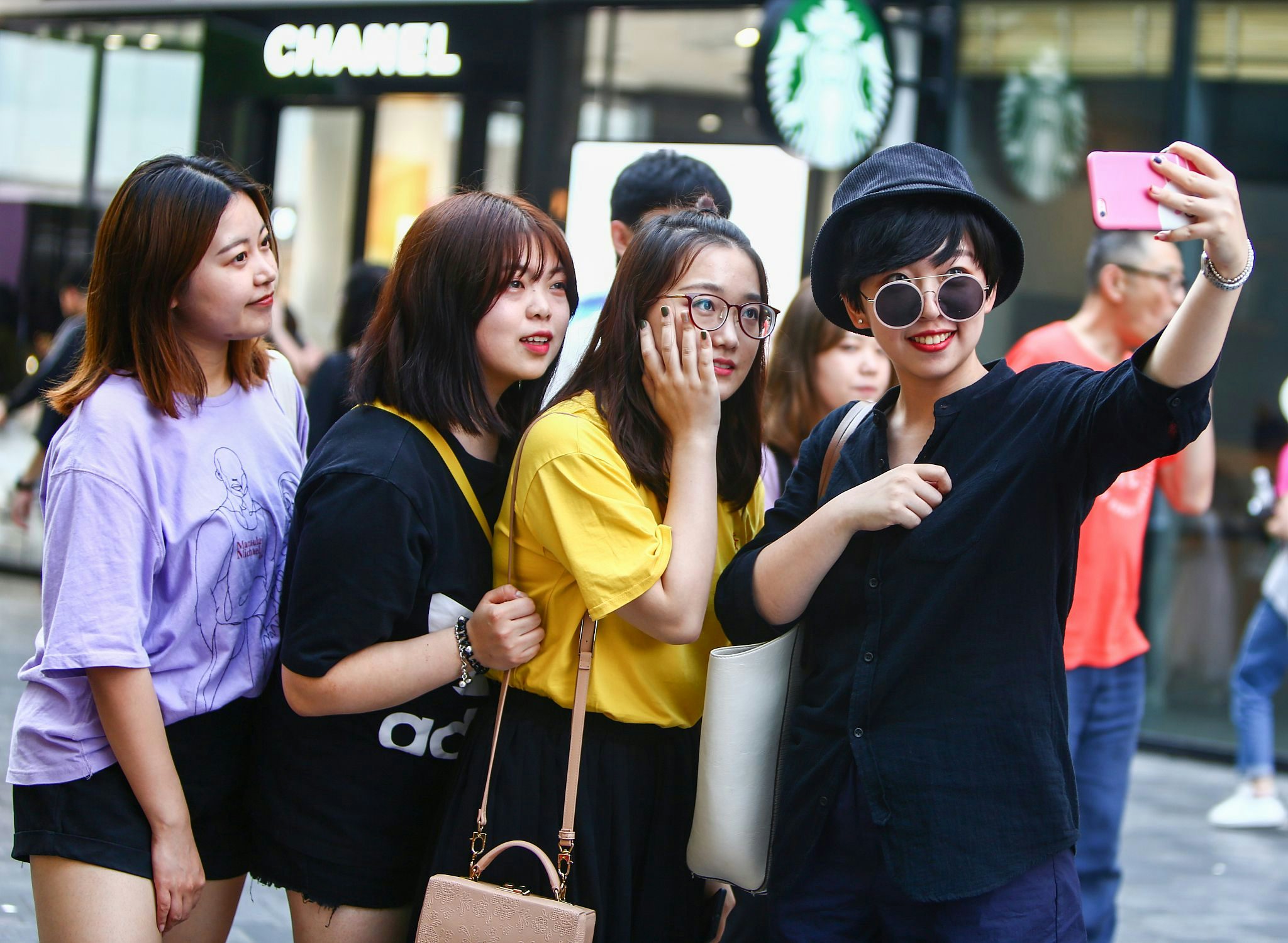Writing my weekly Future of Luxury column for Jing Daily allows me to reflect on some of the most critical and inspiring luxury topics of our time. Today, on my birthday, I’ve taken a moment to reflect on the lessons luxury brands must take away from the past calendar year, and what they might mean for them in the future.
In 2019, as we prepared to move into the last year into the 2020s, the need for luxury brands to make changes was already becoming urgent. Just a few months earlier, the Dolce & Gabbana China PR disaster sent shockwaves across the luxury brand community, and it became clear that “business as usual” wasn’t going to be possible anymore.
The shift to fully global, digital brand management started to reveal challenges. Marketing missteps that would have remained unnoticed in the past were becoming global phenomena. The need to not only develop cultural sensitivity but contextual sensitivity — knowing what is going on worldwide and in real-time — was the skill that took center stage, as brands like Versace and others made crucial errors that threatened their brand equity. Managing KOLs — a task that had previously been delegated to social media managers — suddenly became a CEO’s priority.
The shift to digital also forced brands to acknowledge that the internet isn’t just a marketplace, but rather, a central hub for consumer decision-making. Brands win or lose because of digital. Connecting with customers at a worse rate than the competition online means being irrelevant, since 95 percent of purchase decisions now happen digitally, regardless of whether the purchase takes place online or offline. I’ve seen many recent examples of brands that couldn't successfully connect through digital channels go on to lose their physical customers at record speeds.
Millennials and Gen Zers are further disrupting the online space and are making many legacy brands obsolete. These brands’ most common shortcoming has been creating basic and indistinct brand positioning statements. Too many existing brands don’t bring the consumers into their conversations, and, therefore, consumers rightfully don’t care about them.
And to Gen Z — the most influential group in luxury today — brand storytelling shortcomings are deadly. Many brands don’t provide any rationale for why consumers should buy them. Relying on a position centered solely around technology or design isn’t enough, especially in China, where consumers pick the brand first and the product second (which makes brand equity even more necessary in China than elsewhere).
When we fast-forward ten years to 2030, it will be in a time when Gen Z will have become the dominant luxury consumer group in terms of spending, and most brands aren't prepared for that. Brands will have to become digital masters by learning to deploy sophisticated A.I.-based data querying technologies and build comprehensive, digitally-assisted customer journeys. That will necessarily require excellent brand positioning. Without that as a foundation, all other measures are sure to fail or become incredibly costly. In the future, high-level skills in strategizing, brand storytelling, customer journey creation, and implementing advanced digital tools will be the only way to a competitive advantage. These are quite different skills than the ones luxury managers have today.
During a recent luxury investor conference in Asia, I urged some top investors to challenge a brand's leadership team before they invest in it. I told them to fire a CEO who refuses to make digital leadership and building brand equity their top priorities. The time for patience is over because brands that hibernate and do what they always did will not survive. COVID-19 has acted as an accelerator by brutally exposing brand shortcomings. But make no mistake: Only partially optimizing your brand to survive current challenges isn't going to guarantee your future. It may even reduce a brand’s competitiveness because many brands will confuse short-term tactics with long-term strategies. The massive disruption shaking up the luxury sector calls for unprecedented action.
Given all of this, why am I optimistic about the future for luxury brands? Why am I an advocate for investing money into the luxury market? Because real luxury — when it’s creating extreme value and isn’t just overpriced objects — will be the big winner after this pandemic. The luxury sector will rebound faster than others, thanks to the best-managed brands. As in all times of disruption, this is the time when the future pecking order will be decided.
There have never been so many exciting and disruptive new brands ready to launch over the next 12-48 months as there are today. The sheer volume of promising entrepreneurs who are combining new thinking and the willingness to aggressively address the current market's shortcomings is a sure sign — our future market leaders are ready. Now is the time that consumers will see a massive influx of new ideas and new value standards. Gen Z will create their own brands, their own solutions, and their own futures.
For incumbent brands, that means one thing: change or die. Now is the time to invest in the future of luxury. It’s the dawn of a new era when extreme value creation will come into crystal-clear focus. Many brands won’t be able to make the transition. But the brands that can connect strongly with millennial and Gen-Z customers through digital and brand storytelling will gain significant traction. The most exciting times are just beginning.
Daniel Langer is CEO of the luxury, lifestyle and consumer brand strategy firm Équité, and the professor of luxury strategy and extreme value creation at Pepperdine University in Malibu, California. He consults some of the leading luxury brands in the world, is the author of several luxury management books, a global keynote speaker, and holds luxury masterclasses in Europe, the USA, and Asia. Follow @drlanger


